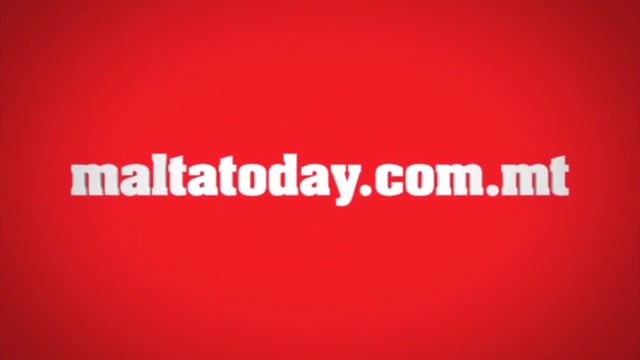Caruana Galizia public inquiry: former prime Minister Joseph Muscat testifies
Get the key points of former Labour prime minister Joseph Muscat's testimony in the Daphne Caruana Galizia public inquiry


Joseph Muscat has testified for almost five hours in the Daphne Caruana Galizia public inquiry.
The former prime minister started his testimony by admonishing the inquiry for going beyond its remit as defined by the terms of reference. He said the inquiry had focussed on the workings of the current government rather than the workings of the Maltese State.
His early statement appears to have conditioned proceedings with the inquiry board disallowing several questions from the Caruana Galizia lawyers, which were deemed to be of a political nature.
Below are some of the key points that emerged and links to more detailed stories on different aspects from Muscat’s testimony.
Key points from Joseph Muscat’s testimony
• The former prime minister knew that 17 Black was a business venture between his chief of staff Keith Schembri and business magnate Yorgen Fenech. “When I asked Keith Schembri, he told me 17 Black was a business matter between the two of them and had nothing to do with Electrogas,” Muscats said.
• Joseph Muscat repeatedly said that he relied on the explanations of Konrad Mizzi and Keith Schembri when the Panama Papers came out. Asked what steps he had taken against Schembri, Muscat replied: “The only step I could take was to keep him or fire him. I opted to keep him… [even after 17 Black].”
• Muscat says the late-night visit at his home in Burmarrad by Schembri in November last year, a day before the latter was arrested, was for his chief of staff to submit his resignation. The former PM denied Schembri, or himself, knew of the impending arrest on the morrow.
• In December 2018 during the annual Christmas greetings for the public at the prime minister’s office, murder middleman Melvin Theuma and murder suspect Vince Muscat’s daughter turned up for the photo op. The daughter asked about the fate of her father’s pardon request.
• Muscat was aware in 2019 of Yorgen Fenech’s arrest in Houston Texas on drug charges. “I was concerned about him and his family,” the former PM told the inquiry.
• The former PM said he was a friend of Yorgen Fenech, having been introduced to him in 2008 by the late Lino Spiteri. Muscat said the WhatsApp chat group he had with Fenech and Schembri was used to share pictures of food, wine and whisky. He insisted on setting the record straight that as far as he could recall the group was not used to discuss women.
• Muscat denied he was relocating to Dubai with his family, a claim made in a US blog by a discredited former money launderer, who became an FBI collaborator.
Background explainer
It was political hate at first sight.
When Joseph Muscat became Labour leader in 2008, Daphne Caruana Galizia’s sharp pen was at the ready from the get-go. But after 2013, her dislike for all-things-Labour found a crowning moment.
Panama Papers, and the overweening power of Muscat’s right-hand man and bosom buddy Keith Schembri, seemingly presiding over a crisis of good governance and a reinforced network of business patronage, appeared to justify her suspicions.
Today Joseph Muscat was asked questions by a public inquiry investigating the circumstances that could have contributed to the climate in which Caruana Galizia’s assassination happened.
Muscat is bound to remind everyone that Caruana Galizia was his harshest critic. She had authored what he called “the biggest political lie in history” – the claim that his wife was the owner of a secret Panama company set up by Nexia BT together with the companies for Schembri and Konrad Mizzi.
But Muscat, who resigned in 2019 amid an unprecedented political crisis prompted by street demonstrations over the arrest of Electrogas shareholder and Tumas magnate Yorgen Fenech, will be expected to answer serious questions over the alleged mastermind.
One will be his friendship with Fenech: the man who gifted him two bottles of find Petrus wine, the man whose hotel in France he spent a short vacation in, but more suspiciously, the man he knew was a person of interest in the DCG murder investigation. And yet: during those Security Service briefings, there was Fenech’s friend listening in, Keith Schembri.
With Keith Schembri, Fenech’s secret 17 Black company in Dubai was listed as a target company for the Panama companies, a secret and nefarious liaison believed to be connected to the Electrogas power station and other projects.


.png)
.png)



















